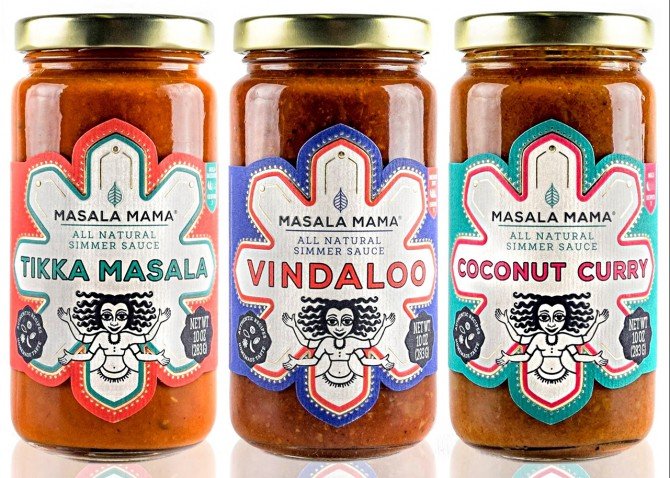Inside BENEO’s new pulse plant: pioneering sustainable protein from faba beans
To introduce homestyle Indian food in the U.S, Jalan and her husband, Kapil Bawa, founded Masala Mama in 2013. The company now offers four all-natural Indian simmer sauces.
Jalan and Bawa started with spice blends, and found early success. They were accepted to Smorgasburg, an open-air food market in Brooklyn that attracts 20,000 to 30,000 visitors each week.
“We started making masala tacos, and the food was really popular, but people weren’t really interested in the spices; they wanted the sauce,” Bawa said. “That’s when we realized, we should be doing sauces. Because once you have the sauce right, you can add anything to it, meat or vegetables, and it’s very easy.”
Switching from spices to bottled sauces added a much higher level of complexity, as well as regulatory requirements to ensure food safety. That’s when Jalan and Bawa came to the Cornell Food Venture Center (CFVC).
Established in 1988, the Geneva, New York-based CFVC helps food entrepreneurs with everything from lab analysis to regulatory compliance, nutritional analysis to packaging. Jalan said she found especially helpful Cornell’s “Better Process Control School,” during which she learned about the variety of acids that would ensure that her sauces remained safe and shelf-stable, without altering their flavor.
“Even though the school is taught with a standardized FDA-approved curriculum, we teach the class with entrepreneurs’ needs in mind, adding the information we already know is essential for them to succeed,” said Olga Padilla-Zakour, professor and chair of the Department of Food Science in the College of Agriculture and Life Sciences.
Masala Mama, founded in 2013, sells all-natural Indian simmer sauces. Staff at the CFVC also helped Jalan complete her “scheduled process,” the document that explains to food safety regulators how the company ensures that its food products are safe.
CFVC needs full access to recipes (and protects them under strict confidentiality) to issue the scheduled process. They keep those details from other parties, such as the co-packer that Masala Mama used to scale up their production process.
Masala Mama continues to grow. From a beginning distribution in 10 stores in Brooklyn, Masala Mama is now available in 400 to 500 stores nationwide. Three of their sauces – Tikka Masala, Goa Coconut Curry and Vindaloo – are being distributed through Whole Foods grocery stores.

